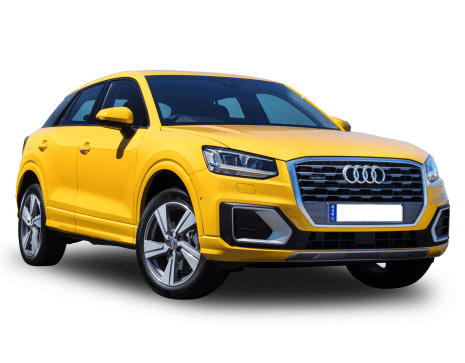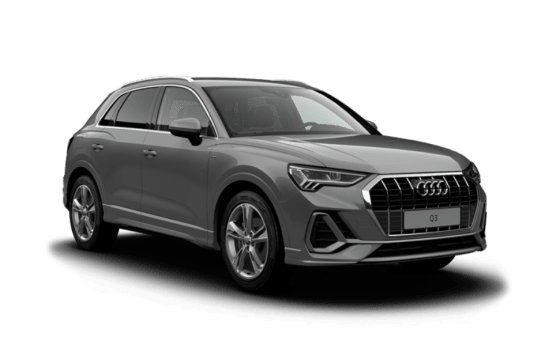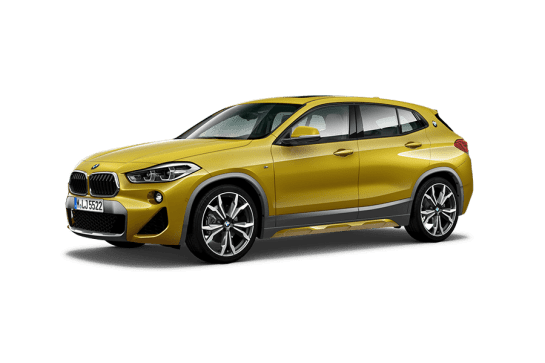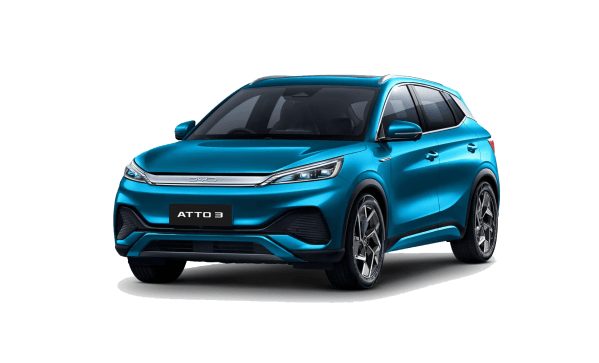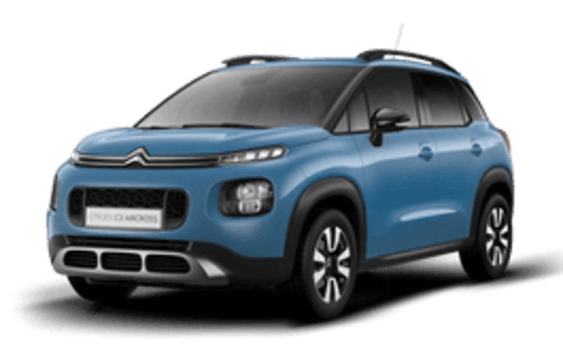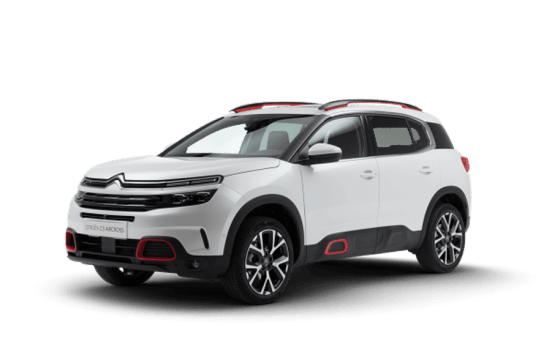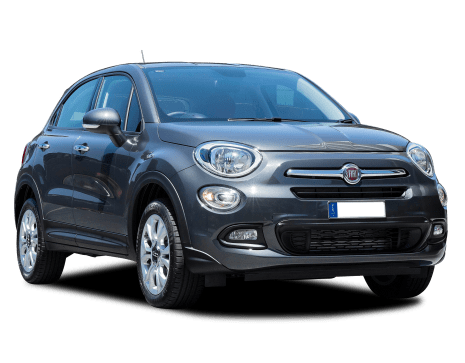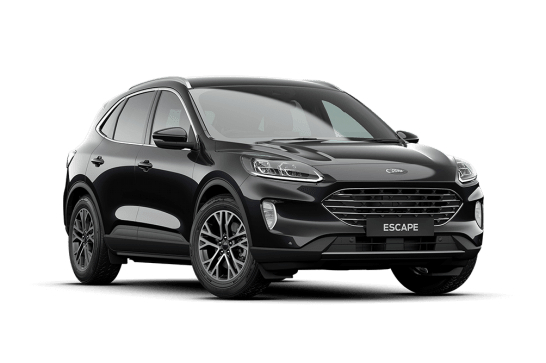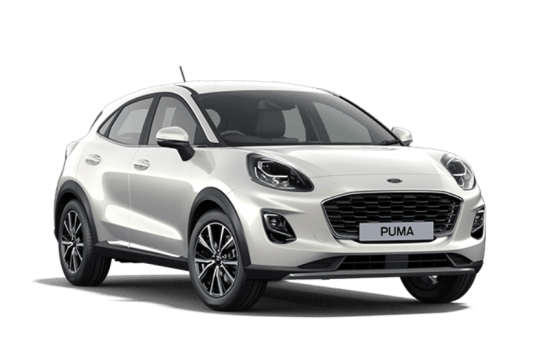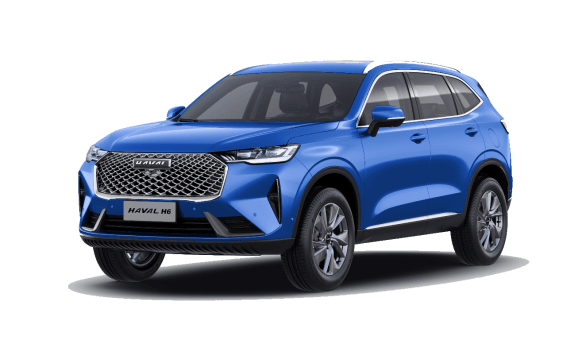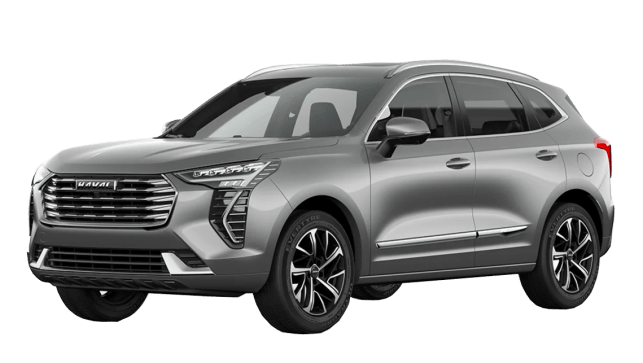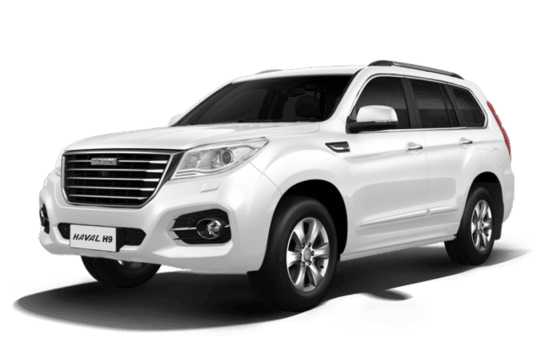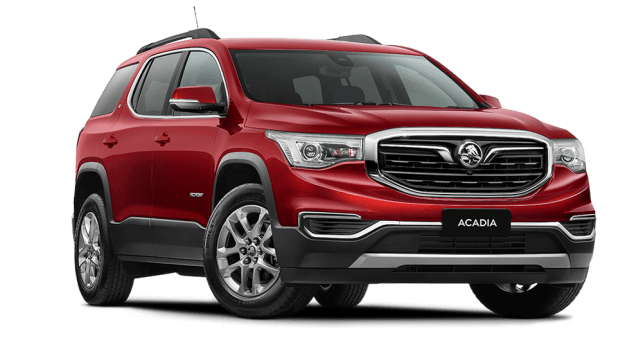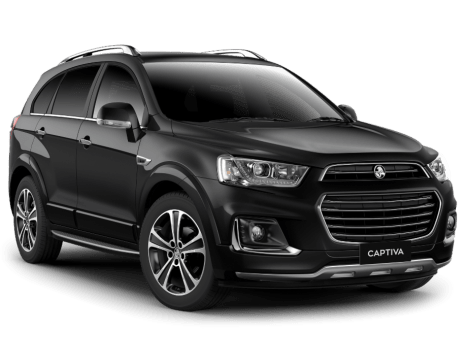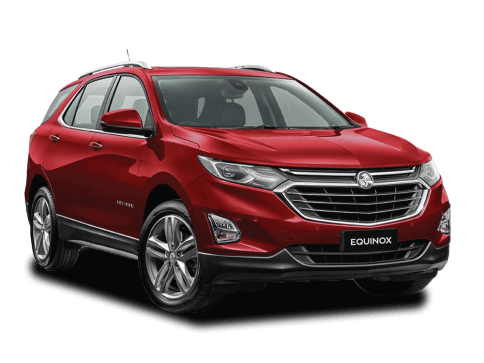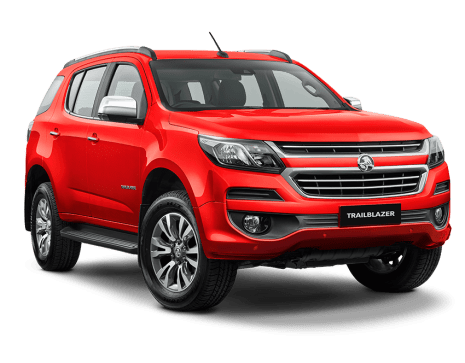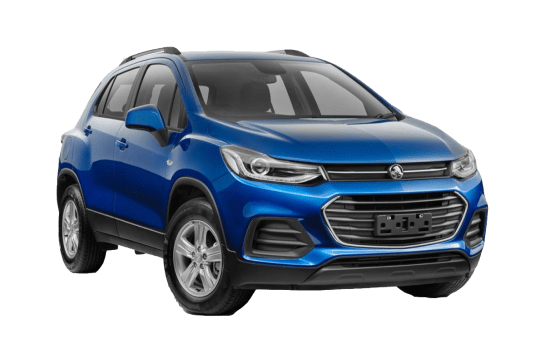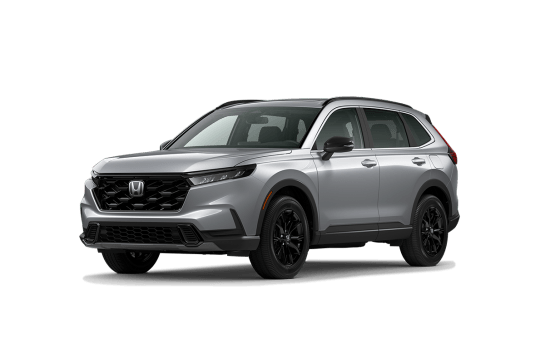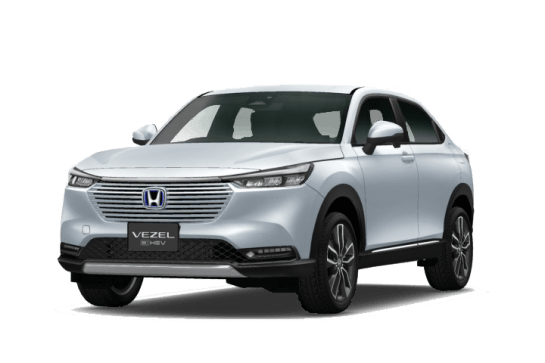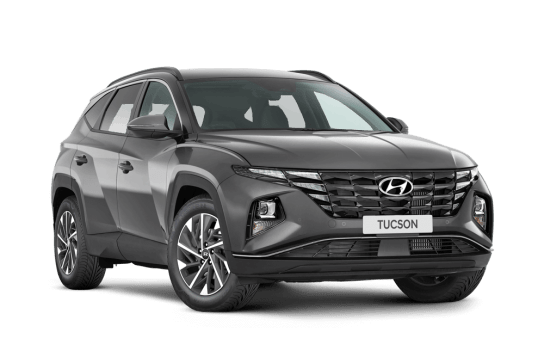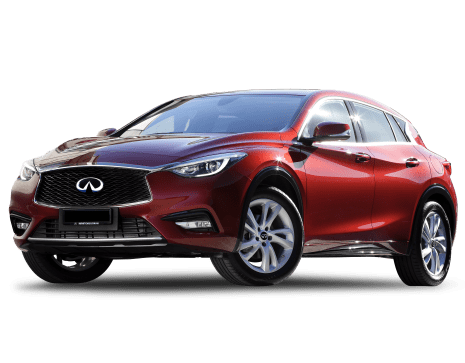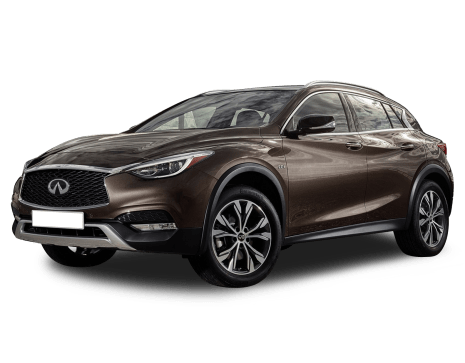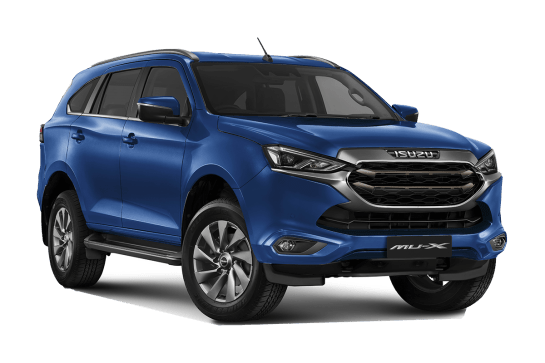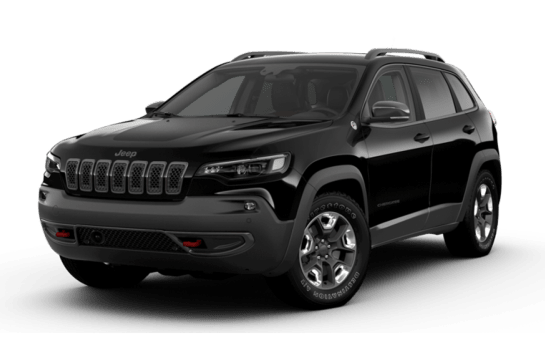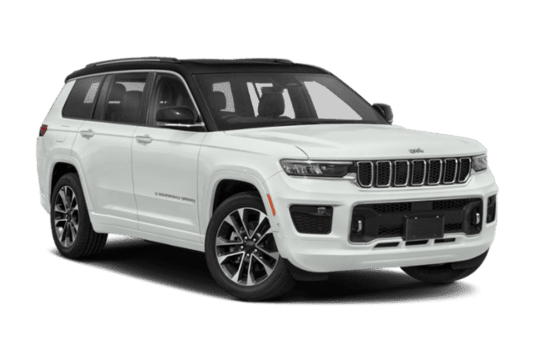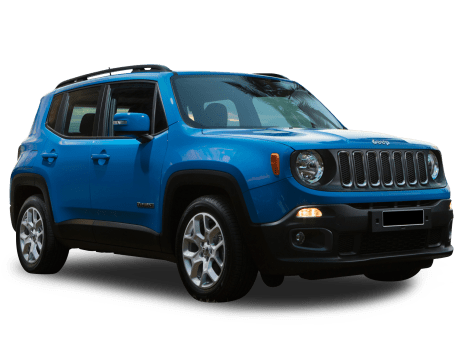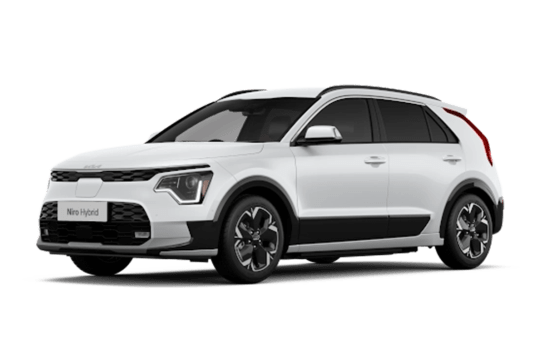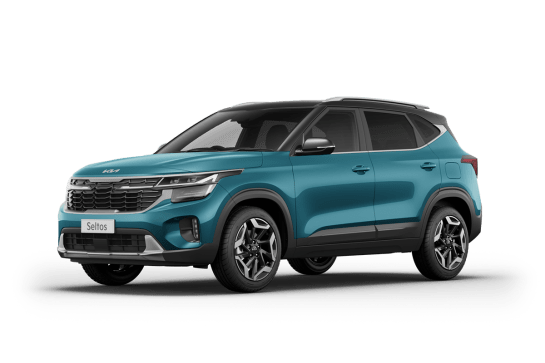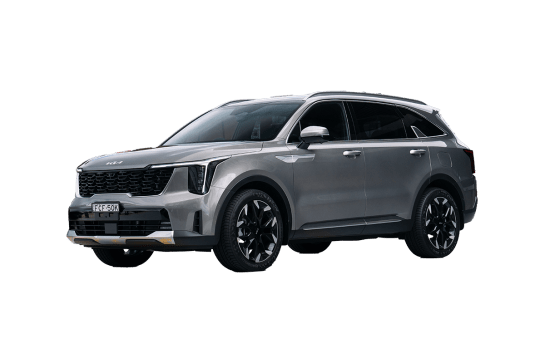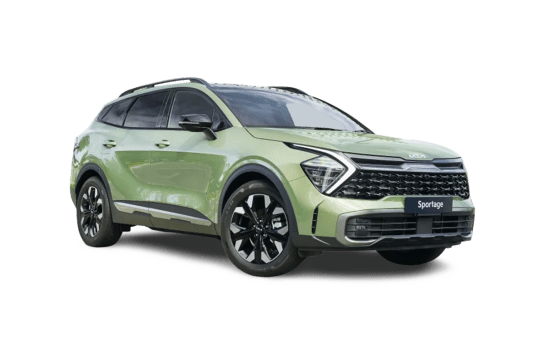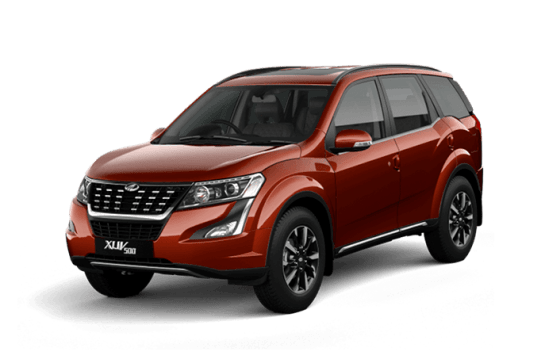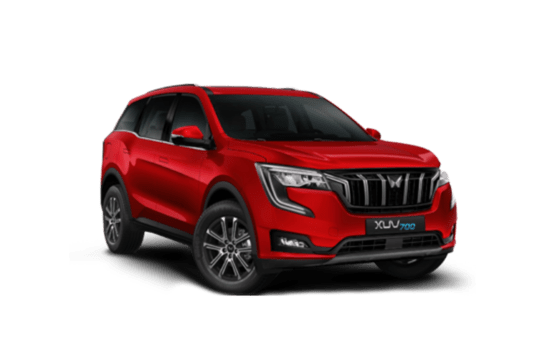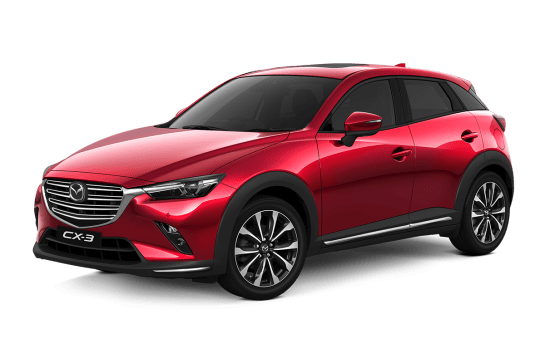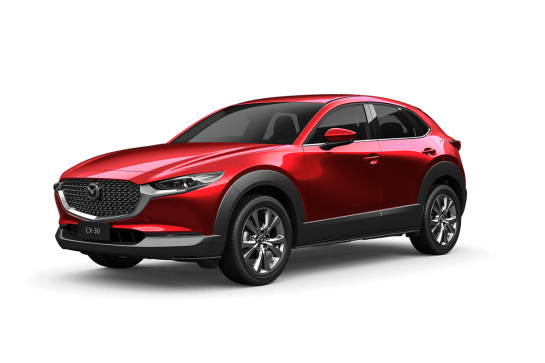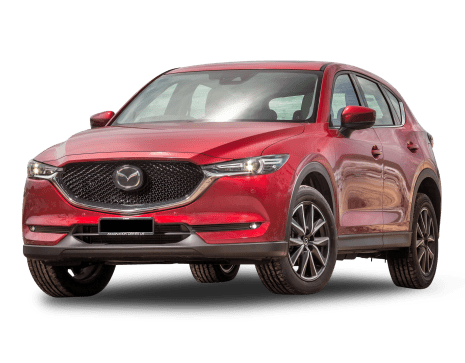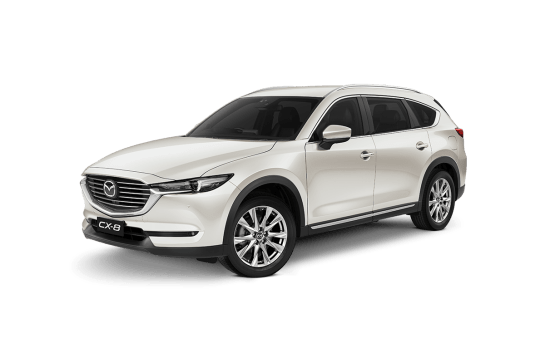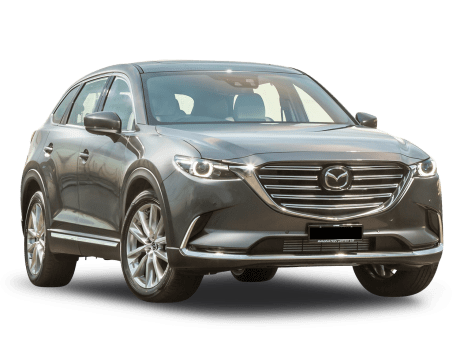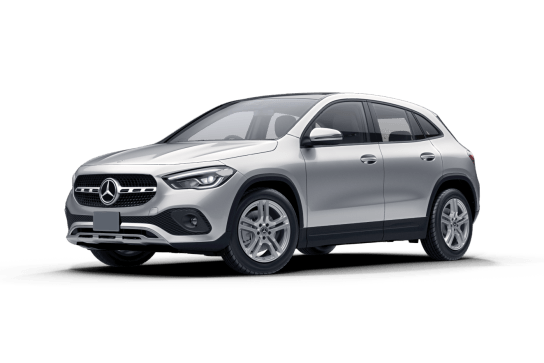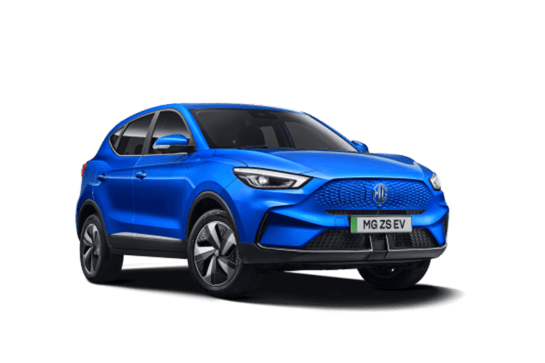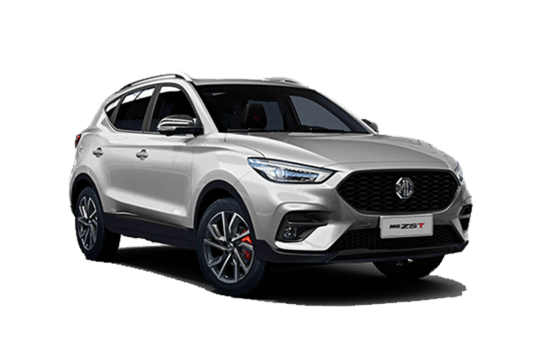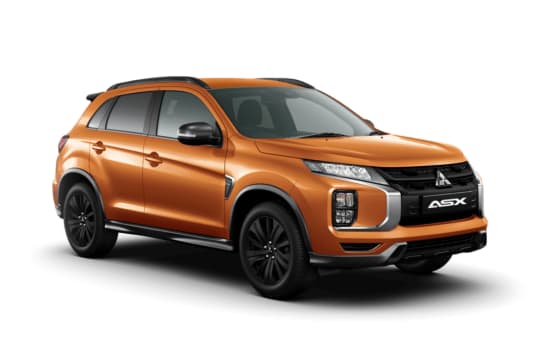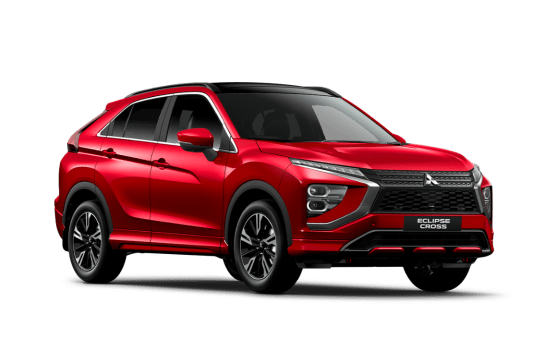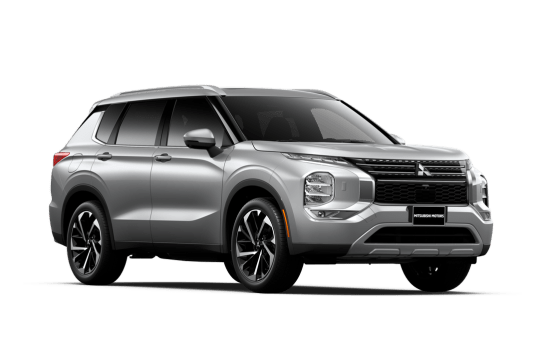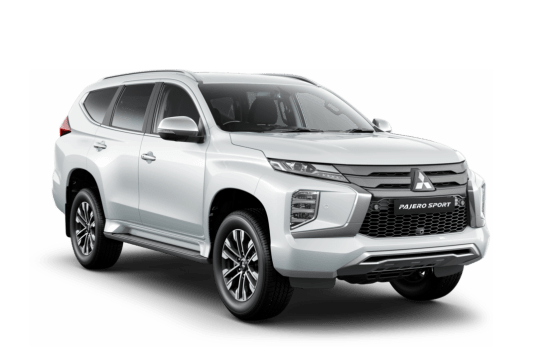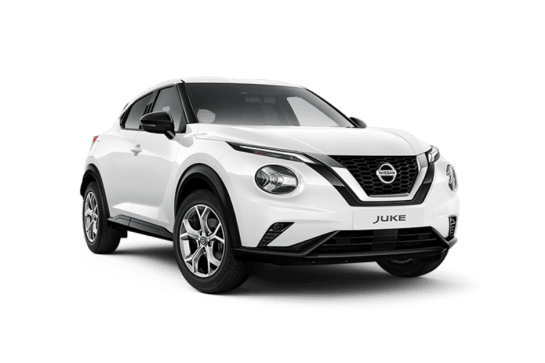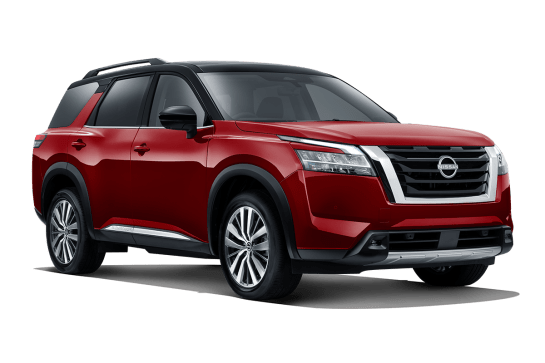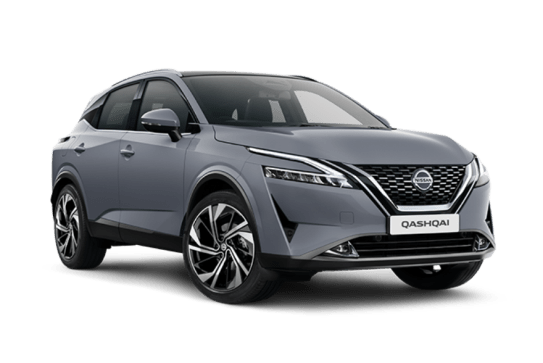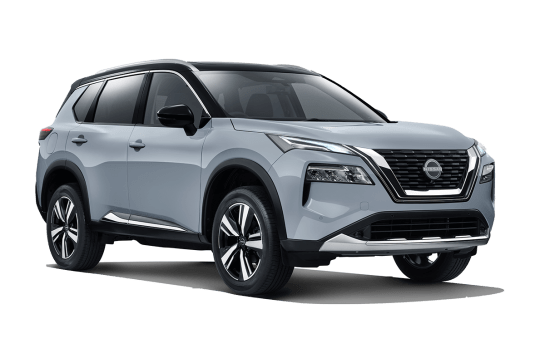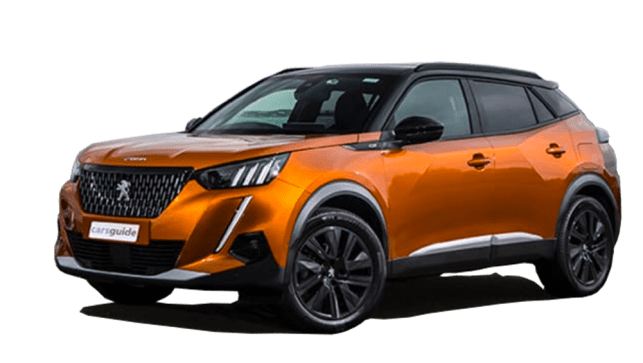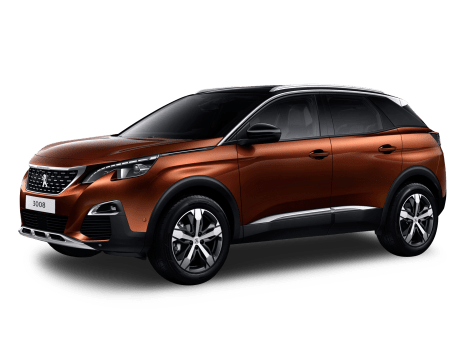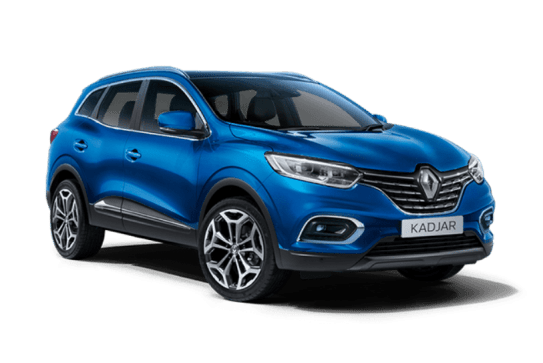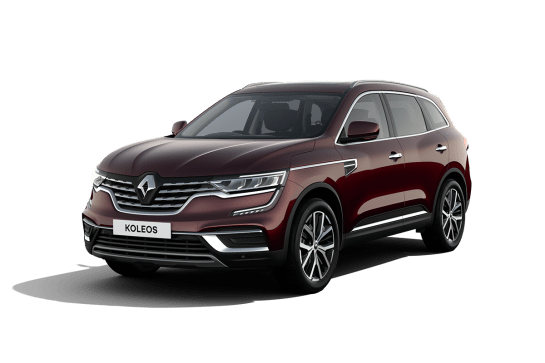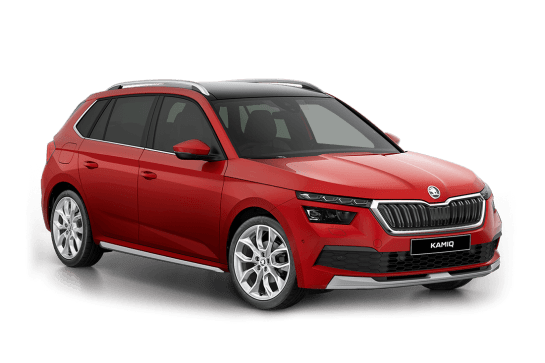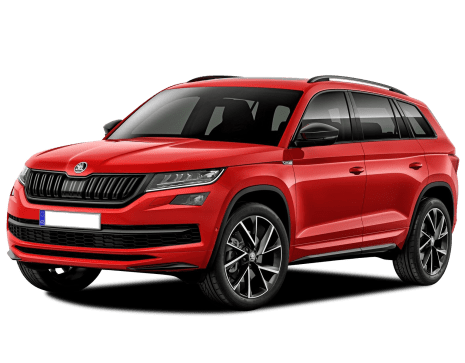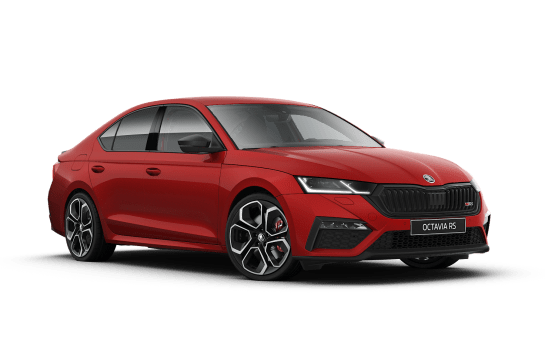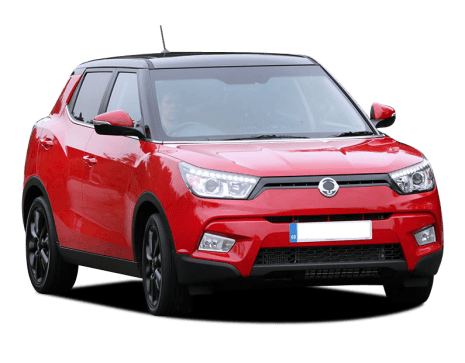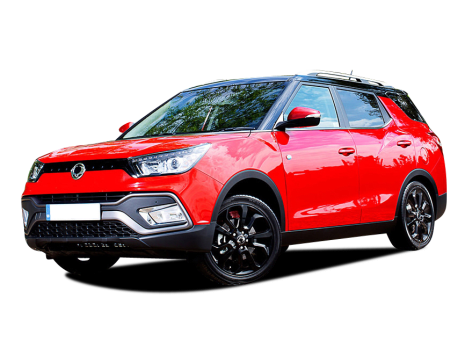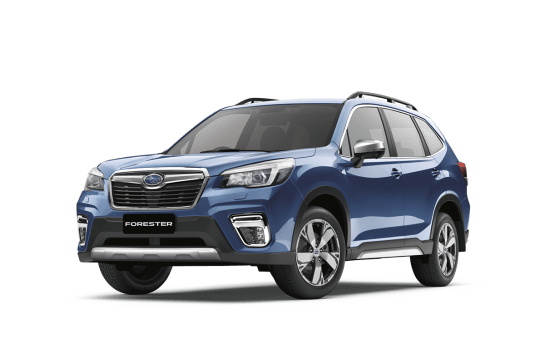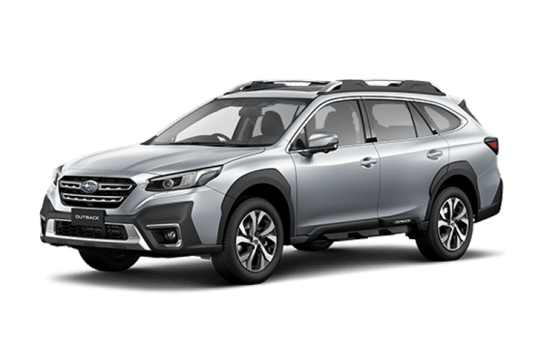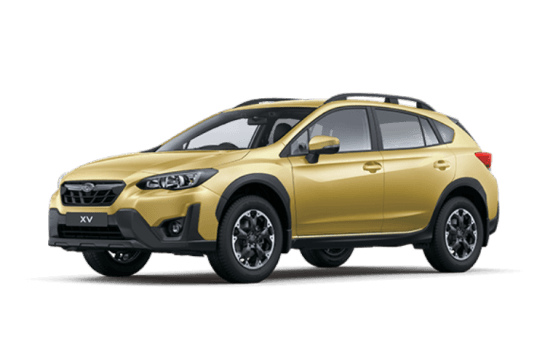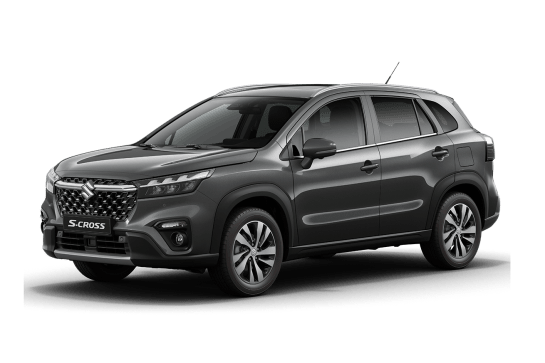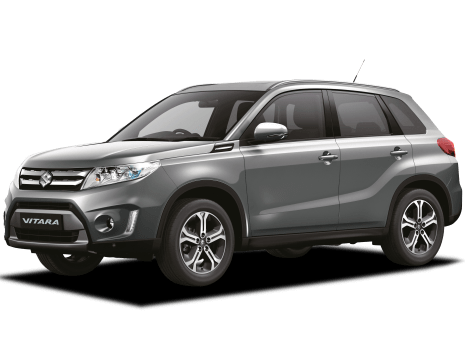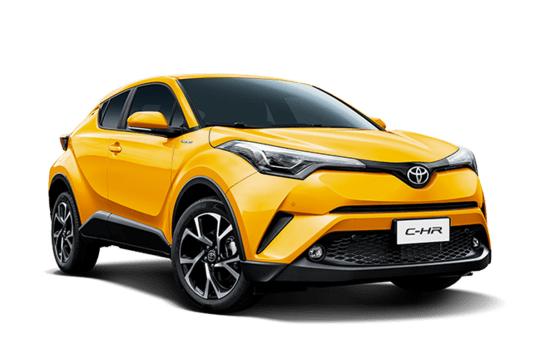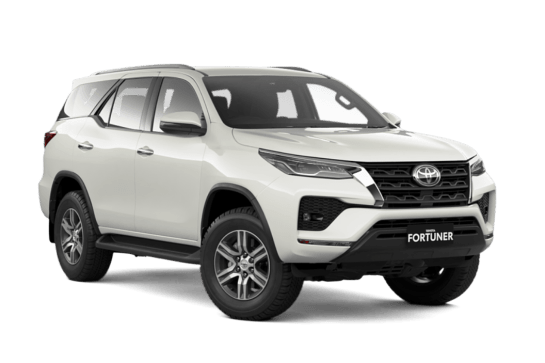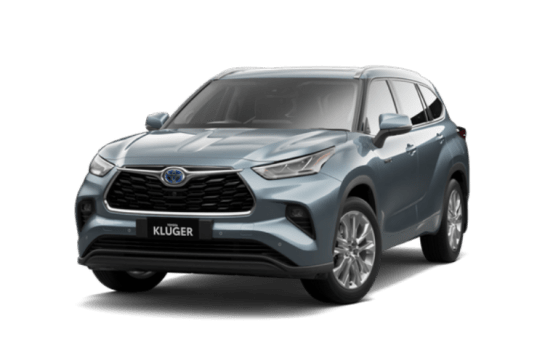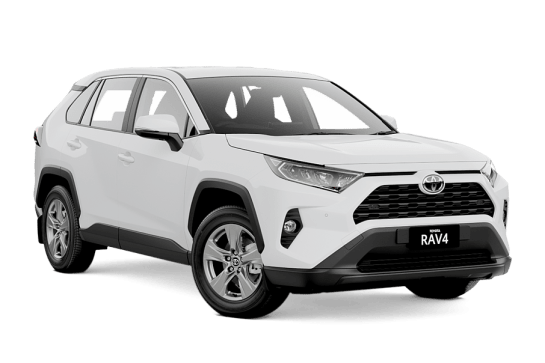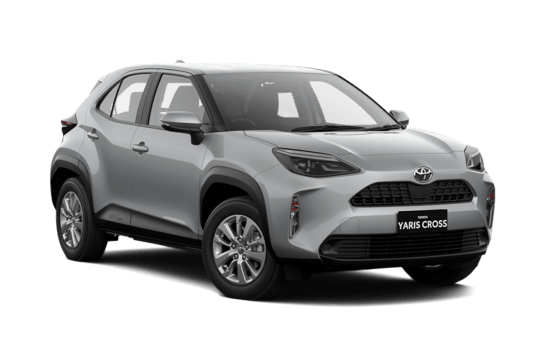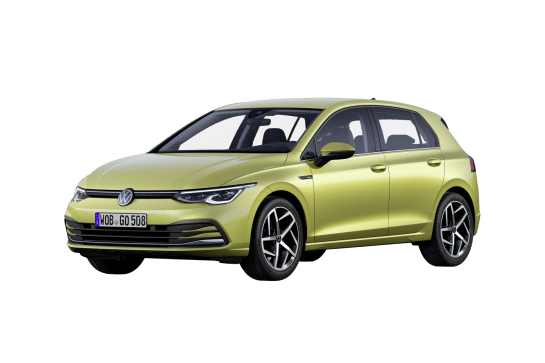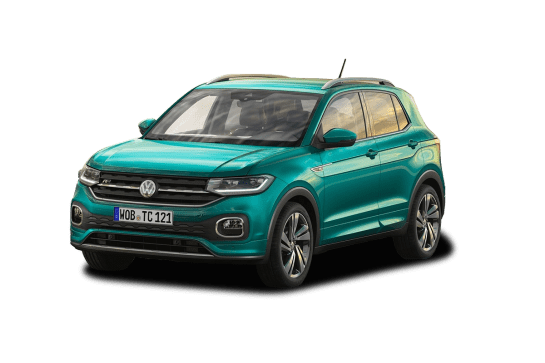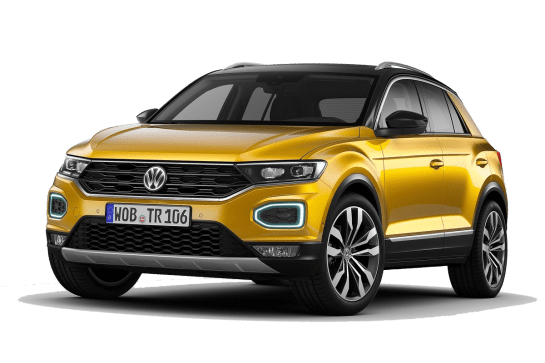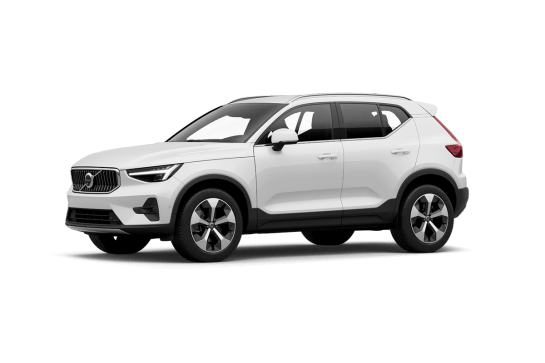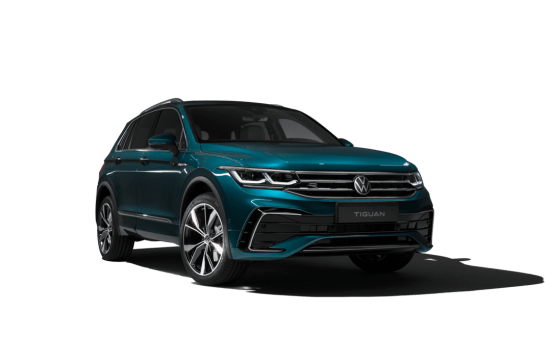
Volkswagen Tiguan VS Mazda CX-8
Volkswagen Tiguan
Likes
- Fun to drive
- Big design and tech upgrade
- Practical, spacious interior
Dislikes
- No new hybrid powertrains (yet)
- Base price will go up
- Touch-based climate
Mazda CX-8
Likes
- Practical family features
- Luxe factors throughout
- Easy-as-pie to drive
Dislikes
- Misses out on a 360-degree view camera system
- Expensive compared to similarly specified rivals
- Low number of airbags for family SUV
Summary
Volkswagen Tiguan
Without a doubt, this is Volkswagen’s most important new vehicle.
Roughly eight million Tiguan mid-size SUVs have been sold since the nameplate came into existence in 2007, and the one we’re looking at for this review is the first new-from-the-ground-up version in eight years.
While it might look familiar from the outside, don’t be fooled. This third generation car is significantly different inside and underneath with upgrades the brand will need for it to stay relevant against an increasing array of hybrid traditional rivals and newcomers from China.
Does the 2025 Tiguan have what it takes to be your next family hauler? Stick with us as we find out.
Read more about
- Every new Volkswagen electric car, SUV and passenger car: VW kicks off new model offensive with ID.4, ID.5, ID.Buzz, Golf facelift, next-gen Tiguan and Multivan
- Sporty SUV has price slashed by $7000: 2024 Volkswagen T-Roc R and Amarok score drive-away offers to tempt Golf GTI, Hyundai i30 N and Ford Ranger owners away
- New cut-price electric car spied testing in heavy camouflage: 2025 Volkswagen ID.2 edges spotted in elaborate ID.3 disguise as it edges closer to taking on the BYD Dolphin, MG4 and Hyundai Inster: Report
| Safety rating | — |
|---|---|
| Engine Type | 1.4L |
| Fuel Type | — |
| Fuel Efficiency | —L/100km |
| Seating | 5 seats |
Mazda CX-8
Mazda has a tendency to have a lot of similar looking horses in the stable; blink and you'll miss the (very) subtle differences between the CX-8 and the CX-9 but if you're not super keen on the bulk of the CX-9 and you've outgrown the space of the CX-5... this one's for you.
Especially, if you've been considering its competition - the Hyundai Santa Fe Elite CRDi AWD and Toyota Kluger GXL AWD. Both of which have become known for their features and space.
So, how does it compare? The CX-8 GT SP diesel all-wheel drive seats seven, has a decent boot space (albeit, when the third row isn't in use) and handles like a dream.
Read more about
Perfect combination? Maybe. I've been driving it for the last week with my family to find out for you.
| Safety rating | |
|---|---|
| Engine Type | 2.2L turbo |
| Fuel Type | Diesel |
| Fuel Efficiency | 6L/100km |
| Seating | 7 seats |
Verdict
Volkswagen Tiguan7.9/10
It's a hard to deliver a definitive verdict yet, because we’re still some way out from the Tiguan’s local arrival.
Expect a pricier mid-size SUV, but one which leans into its best traits as a semi-premium option, with a stellar cabin and a significant tech upgrade. What sets it apart in such a crowded segment is its ability to appeal to the keen driver, although it’s a shame Australia will miss out on some of the more ambitious and modern powertrain options available overseas, at least initially.
For now though, consider us impressed.
Tune back in in the second quarter of 2025 for all the details on the Tiguan’s local launch and pricing.
Note: CarsGuide attended this event as a guest of the manufacturer, with travel, accommodation and meals provided.
Mazda CX-88/10
So, what did my family think about the Mazda CX-8 GT SP diesel all-wheel drive? I love how it performs on the road - it's super easy to drive and you don't notice how large it is in a car park.
There are some great family-friendly features scattered throughout and I like how practical this is too with the extra seats and top-tether points. The multimedia system isn’t my favourite and I would have preferred to have seen a few extra airbags and a 360-degree view camera, but overall, it’s a good family car and gets an 8.0/10 from me.
My son loved the sun blinds and the cool colour of the seats. He also gives it an 8.0/10.
Design
Volkswagen Tiguan
There’s a lot of familiarity with this new Tiguan. It doesn’t stray far from the sturdy, boxy, but pragmatic shape of the current car, at least at a distance.
Up closer, though, it’s clear there are some significant changes this time around. The previous car’s hard and angular character lines have been replaced by curvy finishes over the top of the wheel arches, paired with heavier contours down the doors and across the nose.
The face has dumped the previous chrome highlights, moving the grille lower and replacing the horizontal strips which used to sit behind the VW badge with a solid plastic bar (incorporating an LED light) running across the top.
The grille has been moved lower, and chrome has largely been replaced with gloss black and matt silver finishes. While the outgoing car was attractive in a relatively conservative way this new Tiguan makes more of a statement.
Round the back, expect a similar contemporary translucent plastic light-bar treatment to marry the rear two light fittings, with the VW badge taking pride of place alongside the TIGUAN typeface, as is the current trend.
Design elements carried over in the rear three-quarter include the shape of the rear side windows, the tough extruded bumper and the little roof-mounted spoiler. Trendy aerodynamically-styled wheel choices round out its modern appeal.
Perhaps the strangest thing about this design is how it somehow manages to make the Tiguan look smaller where most next-gen designs make new cars look much larger than their predecessors. There’s something subtle about it.
Inside is a radical departure from the now significantly dated outgoing vehicle. The somewhat drab greyscale dash, which was also strangely upright, has been replaced by something much more intriguing.
A huge piano black panel defines the character line of the dash, housing the air vents, dashboard, and new ambient lighting, sitting behind the enormous pride-of-place 15-inch media screen.
VW clearly heard the audience and for this car has put a major focus on tech. The new software to match looks much better, the screen is sharp and fast, and as usual the brand’s digital dash is easily one of the best on the market.
Swapping out old switchgear has also allowed for a more contemporary, pared-back centre console with the nicely-designed steering wheel carrying across. EV-like controls from the ID series take their place on the steering column.
This is not a car you can judge from several metres away. This is a car that's been well and truly launched into the 2020s.
Mazda CX-8
To be honest, I can't really tell the CX-8 and CX-9 apart on the road. They're both large SUVs that sport the classic Mazda bonnet - sharp and long. Up close, the CX-9 has a bulkier shape but otherwise they are remarkably similar.
The CX-8's darkened grille generates some interest with its lattice-work and there are enough shiny chrome accents scattered about the car that it looks pretty.
Yet, the sporty sharpness that Mazda is known for is still hinted at with its shaping and the 19-inch black alloy wheels.
Our model is finished in 'Platinum Quartz Metallic' and it is the highlight for the exterior styling for me. I think because it's such an interesting colour to look at - it varies a lot depending on lighting conditions. Sometimes, it almost has a sheen of pink to it and at others, it looks like pearly sand.
The interior looks polished and refined with its burgundy leather trim and soft-touchpoints. Again, there is a lot of chrome inside to make otherwise dull features, like air vents, pop out.
Practicality
Volkswagen Tiguan
The previous Tiguan was always notable for how spacious its cabin was, and for the most part that pragmatic approach continues.
The re-designed seats proved comfortable over the significant amount of time we spend behind the wheel traversing central Germany, and while it feels a little smaller inside due to the much busier design of the dash, there’s plenty of room for even tall adults given the cabin's height and width.
As usual with Tiguan, it’s easy to find a comfortable and sporty seating position, and the touchpoints are all excellent with much less hard plastic in the doors and centre console.
Each door offers an enormous pocket and bottle holder, and the new car gets a two-tiered shelf design in the centre console, housing a wireless charger below.
A single multi-function dial can control either audio volume or drive mode with a quick press, and without additional switchgear. There is a versatile set of bottle holders and a centre console armrest box behind.
The huge screen is oriented towards the driver. In the pictures it looks like too much, but it’s somehow low enough and the software largely has clever shortcuts to minimise distraction.
The most unfortunate feature of the screen, though, is the requirement to control the climate via touch sliders or a screen-based menu.
If only the brand had committed to giving us two more dials to control the climate zones or fan speed as appear in its Skoda relations. Still, it’s a significant step-up from the outgoing car.
The back seat offers heaps of room for myself, at 182cm tall, behind my own driving position. The generous seat claddings continue (as usual for a VW), with adjustable air vents, a rear climate zone and USB-C ports offered on the back of the console for rear passengers.
Lovely soft trims continue in the doors, and there are a set of three pockets on the back of each front seat, good for phones, tablets, or whatever you can think of.
Boot space measures in at an enormous 652 litres, proving VW found a significant amount of space somewhere in this new design.
Need more? The second row is on rails, so if you’re not using it, or you’re using it for kids who don’t need the legroom, you can boost the load space even further.
Mazda CX-8
The CX-8 is a very practical family hauler because there's ample room in all three rows. Yes, even adults will be able to squeeze into that third row without too many complaints!
All rows enjoy well-cushioned seats and up front they are electrically adjustable, but unfortunately, only the driver's side has lumbar support.
The middle row can slide forward manually or by using the electric button found on the side of the seats... but doing it yourself is way faster.
They do slide far enough forward that you won't embarrass yourself too much when you have to clamber into the third row. Where the seats have a 50/50 split-fold and manual adjustments (accessed via the boot).
In the first two rows there are lots of individual storage options but the front enjoys the most. The middle console is deep enough to be useful and I like the dual opening lid. Each row gets a couple of cupholders and drink bottle holders, too.
The charging options are great, with each row getting two USB-C ports and the front getting a wireless charging pad and 12-volt socket.
All of the controls and dials feel within easy reach and the 10.25-inch touchscreen multimedia system graphics are clear.
You can use it as a touchscreen or opt for the rotary dial but switching between the two was awkward for me. Especially, since the touchscreen function is disabled when you are using the wireless Apple CarPlay. This also has wired Android Auto, for those users.
The amenities are practical throughout with a dark headliner, three-zone climate control and heated outboard seats and retractable sun-blinds in the middle row.
Good news for families because there are five top-tether points across the back rows and ISOFIX child seat mounts on the outboard seats in middle row, in case you need them.
You can fit a 0-4 rearward facing child seat and it shouldn’t impact on front passenger comfort.
My six-year old found it super easy to get in and out of this car because of the 205mm ground clearance and wide door apertures. He enjoyed the high seating position, too, but was disappointed he couldn’t see out of the sunroof!
The boot space is a bit cramped with all three rows are in use at 209L but folding the third row opens up a more respectable 775L - perfect for the average family and its stuff!
The loading space is level, with the temporary spare tyre and clever storage compartments housed underneath. There is a retractable cargo blind and net, luggage anchor points and a 12-volt port, too.
And, as always, I love a powered tailgate, which this has!
Price and features
Volkswagen Tiguan
Australian deliveries of the new-generation Tiguan were still a while away at the time of writing, so we don’t have precise pricing and specifications to share just yet. However, the brand’s Australian division tells us to expect a similar grade walk to the outgoing car.
This will likely mean three key variants tied to three drivetrain options. We know for now the incoming base version will retain the same 110TSI engine, but will take a significant hike in standard equipment, while the next two variants up will use upgraded engines, a mid-spec 150TSI and a top-spec 195TSI.
The bad news is Volkswagen says it will be fair to expect a price-hike on base versions, what we understand is “closer to the $50K mark”, while the outgoing car starts from $43,990, before on-road costs.
The good news is the standard equipment is “more in-line with what the VW customer expects” according to the brand, with the main problem not being price, but apparently buyers wanting things like standard leather seats and upgraded cabin tech with the more basic engine.
Next up, the 150TSI 2.0-litre all-wheel drive will replace the outgoing 132TSI, and at the top of the range, the most important R-Line grade (which VW sells the highest proportion of) will also get a significant boost, not only with the 195TSI engine (up from the current 162TSI), but also new equipment.
Across its grades, the new Tiguan will have access to new-generation matrix LED headlights, large alloy wheel choices, and a 15-inch multimedia screen with wireless Apple CarPlay and Android Auto.
There is also a completely overhauled software suite, with a new version of the VW's renowned digital dash cluster, and you can expect impressive spec highlights from the current vehicle, like tri-zone climate control, to continue over.
And this third-generation car also scores completely re-designed seats, revised ambient lighting, a new head-up display and extended soft-touch materials throughout the cabin to solidify its semi-premium market positioning.
Stay tuned closer to the new Tiguan’s arrival in Australia in the second quarter of 2025 for full local pricing and specs. That said, the cars we drove for this review were largely representative of what we might see land on our shores.
Mazda CX-8
The GT SP diesel AWD is one of the premium models, sitting third from the top and will cost you $65,560, before on road costs.
However, its price tag positions it as the most expensive compared to its rivals. With the closest rival being the Kluger at $65,310 and the most affordable being the Santa Fe at $60,000.
You do get a stylish-looking package with lots of features for your cash, like heated front seats, heated rear outboard seats, a tilt and slide sunroof, and premium leather interior trim.
There's some great tech scattered throughout, too, like the 10.25-inch touchscreen multimedia system, wireless charging pad, USB-A ports in the third row, Bose Premium sound system with 10 speakers, wireless Apple CarPlay and wired Android Auto.


